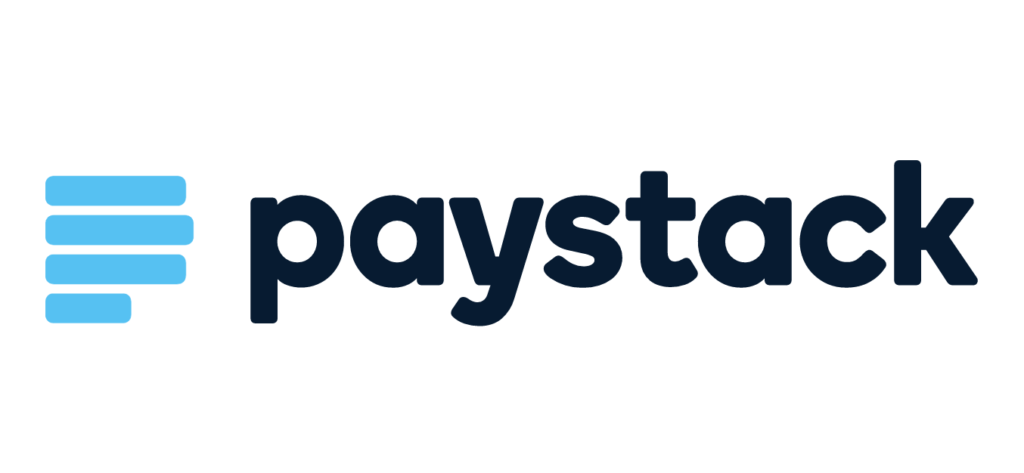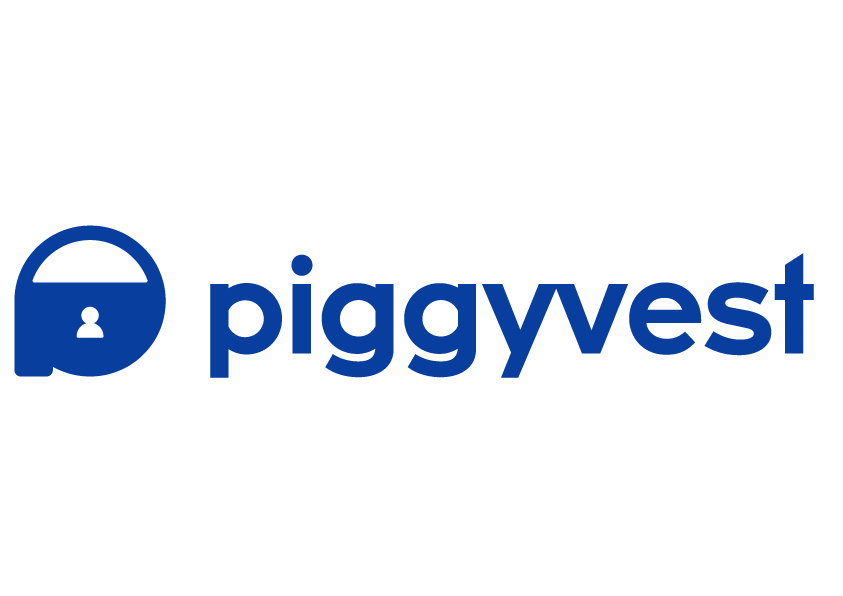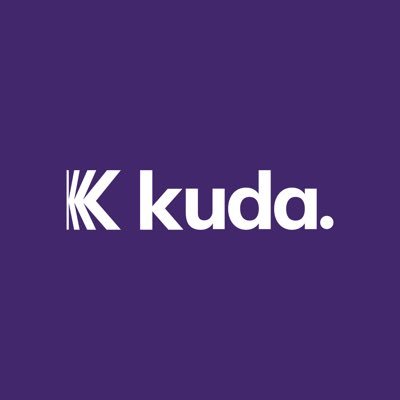Physical Address
60 Ekwema Cres, Layout 460281, Imo
Physical Address
60 Ekwema Cres, Layout 460281, Imo

Fintech companies, which combine finance and technology, play a crucial role in Nigeria’s progress. They promote financial inclusion, spur economic growth, drive technological innovation, generate employment, and improve government services.
Essentially, fintech serves as the transformative engine propelling Nigeria toward a digitally empowered and economically resilient future.
With a youthful population exceeding 150 million under the age of 35, Nigeria boasts a vast, untapped market. This market is further fueled by the increasing adoption of fintech due to the availability of over 150 million mobile lines and various smartphone brands.
However, challenges persist, including inadequate infrastructure, evolving regulations, internet fraud, and a shortage of skilled talent, hindering seamless progress.
Despite these challenges, government support, exemplified by the Central Bank’s launch of the e-Naira, fosters an environment conducive to fintech advancement.
Nigeria’s fintech boom not only drives financial services but also attracts significant venture capital, surpassing other sectors. Beyond financial gains, the industry’s growth holds the promise of improved financial inclusion, poverty reduction, and overall economic advancement.
In essence, despite existing obstacles, the future of Nigerian fintech presents a compelling narrative of resilience, innovation, and transformative impact. This article delves into the leading fintech companies driving this innovative transformation in Nigeria.
Read Also – Exclusive: A Closer Look into the Top 10 Biggest Fintech Companies in Africa 2026
Since 2016, Flutterwave has been revolutionizing global payment infrastructures in Nigeria. Renowned for its integrated payment solutions, advisory services, and transaction processing capabilities, it serves diverse sectors, empowering government bodies, corporate entities, and clients across the continent.
Acting as a pivotal API for payment processing, Flutterwave addresses challenges within Africa’s payment ecosystem.

Flutterwave’s JavaScript API seamlessly integrates with various payment methods, enabling credit card, mobile wallet, and bank account transactions. Additionally, the company extends its support to merchants, advocating for swift legal entity establishment within a five-day time frame.
As a major player in Nigeria’s fintech landscape, Flutterwave has achieved unicorn status, boasting a valuation exceeding $1 billion. Having processed a staggering 140 million transactions, totaling over $9 billion, Flutterwave has expanded its operations to Kenya, Ghana, and South Africa.
Flutterwave’s funding history reflects its compelling success, highlighted by a noteworthy $170 million Series C funding round in March 2021.
Additionally, Flutterwave has earned several accolades, including being named the 2021 African Fintech Company of the Year at the African Banker Awards, winning the Best Fintech Solution at the AppsAfrica Innovation Awards in both 2017 and 2018, and its CEO, Olugbenga Agboola, being recognized as the African CEO of the Year at the Africa CEO Forum Awards in 2021.
These achievements showcase Flutterwave’s innovative prowess and transformative contributions, underscoring its pivotal role in propelling Nigeria’s fintech sector.
Shola Akinlade and Ezra Olubi started Paystack in 2015, making it one of the first fintech companies in Nigeria. They provide businesses with the latest payment processing tools. In November 2015, they became the first Nigerian company accepted into the prestigious Y Combinator program.
Paystack’s main product is an online platform and mobile apps that make it easy for Nigerian businesses to accept online payments. The company quickly grew and expanded to other African countries, but it scaled back its operations in 2023.
Even before being bought by Stripe for a whopping $200 million in 2020, Paystack was already a major player in Nigeria, handling over half of all online payments in the country. By the time of the acquisition, more than 60,000 businesses were using Paystack.

Paystack didn’t shy away from raising money to grow. They started with a healthy $1.3 million seed funding in 2016. Then, in 2018, things really took off when they secured an even bigger investment of $8 million in a Series A funding round. This round was led by none other than the payments giant, Stripe.
Paystack’s work in the fintech industry hasn’t gone unnoticed. They’ve racked up some impressive awards along the way. In 2018, they were crowned the Best Fintech Startup at the AppsAfrica Innovation Awards.
The following year, they took home the title of West African Startup of the Year at the African Startup Awards. These awards are a testament to Paystack’s innovative payment solutions and their position as a leading fintech company in Nigeria.
Also Read – Top 40 Fintech Companies in Nigeria that are Making Waves
Somto Ifezue and Odunayo Eweniyi launched PiggyVest in 2016, and it’s become a major player in Nigerian fintech. They help people and businesses save and invest their money with modern tools. This makes them one of the best savings apps in Nigeria right now.

PiggyVest’s app and website let users set savings goals, automate their savings, and earn interest. They even offer investment options in areas like farming, real estate, and transportation.
With over 3 million users and $100 million in transactions since its start, PiggyVest is a leader in Nigerian savings and investments. They’ve also raised a lot of money to help them grow. In 2018, they got $1.1 million from investors, and in 2021, they scored a huge $25 million investment from a firm co-founded by tech billionaire Peter Thiel.
PiggyVest isn’t just about numbers – their work is getting noticed! They won the Best Fintech Startup award at the 2019 AppsAfrica Innovation Awards. This shows that their innovative savings and investment solutions are helping the fintech industry grow in Nigeria and across Africa.
Tayo Oviosu, a Stanford MBA and former Cisco whiz, founded Paga in 2012. He wanted to make it easy for people to send money, pay bills, and shop online. Paga’s app and website work on everything from smartphones to basic phones, reaching 9 million customers, including 6,000 businesses. They even partnered with big names like Western Union and Moneytrans for international money transfers.

Paga is a leader in Nigerian payments, processing over 57 million transactions worth $3.6 billion since starting. Investors believe in them too, as they got $10 million in funding in 2018. They’ve also won awards like Best Fintech Startup at the 2019 AppsAfrica Innovation Awards. Paga’s constant innovation is helping shape the future of fintech in Nigeria and Africa.
Read Also – Physical Customer Service Offices of KUDA, and other Fintech Companies in Nigeria
Mitchell Elegbe, a Nigerian entrepreneur, started Interswitch in 2002. They began by helping banks process transactions, but then expanded to offer financial services directly to people.

Two key products are Quickteller, which lets people pay bills and shop online, and Verve, a Nigerian debit card. These helped build Nigeria’s payment system.
Interswitch is now a major player across Africa, offering all kinds of payment options for people and businesses. They’ve even won awards like the Electronic Payment Incentive Scheme Efficiency Awards in 2016.
Investors believe in Interswitch too! They got $110 million in funding in 2022 to help them grow even more. With a valuation over $1 billion, they’re one of the few Nigerian “unicorns” – companies worth over $1 billion.
Interswitch keeps innovating to bring accessible and efficient digital finance to Africa. They’re a leader shaping the future of money on the continent.
Carbon, a Nigerian fintech company started by Chijioke and Ngozi Dozie in 2012, is a big player in digital lending, payments, and investments. They offer things like instant loans, payments, and even investments through their app.

Carbon is growing fast, even expanding to other African countries like Kenya and Ghana. In 2020 alone, they processed over $240 million in payments, almost double the year before!
As a leader in Nigerian fintech, Carbon has a big chunk of the digital lending and payments market. Investors believe in them too, giving them $10 million in funding in 2018. They’ve even won awards for their electronic payment services.
Carbon keeps innovating and is helping the fintech industry grow across Africa.
Kuda, a Nigerian digital bank founded in 2016, is a major player in the fintech scene. They offer a variety of banking services, like savings, loans, and bill payments, all through their mobile app. With over 1.4 million users and $2 billion in transactions processed, they have a significant market share.

Investors believe in Kuda too, giving them $55 million in funding in 2021. They’ve also won awards for their innovation, like being named the Best Digital Bank in Nigeria in 2021.
Kuda is growing fast and is helping to shape the future of digital banking in Nigeria and Africa. They’re committed to making banking easier and more accessible for everyone.
Also Read – Fintech Companies (Opay, Kuda, Moniepoint) in Nigeria Resume Adding New Customers After Government Action
OPay, a Nigerian fintech company launched in 2018, is a big player in mobile payments and financial services. Their app lets people pay bills, transfer money, and more, with over 5 million users and $2 billion in transactions.

OPay is one of the best Nigerian fintech companies, and investors believe in them too. They got $50 million in funding in 2019, showing confidence in their future. They’ve even won awards like Best Mobile Payment Platform at the AppsAfrica Innovation Awards in 2020.
OPay keeps innovating and is a leader in mobile payments and financial services in Nigeria and Africa. They’re committed to changing the way people manage their money.
PalmPay, a mobile finance app launched in 2019, is a leader in Nigeria’s fintech scene. They offer things like free payments, bill payments, rewards, and cheap airtime.

PalmPay has over 10 million users and is growing fast, helped by a $40 million investment in 2019. They’ve even won awards like Outstanding Payment Platform of the Year in 2023.
PalmPay is committed to user-friendly services and keeps innovating, making them a big player in shaping the future of digital payments in Nigeria.
Remita is a well-known and award-winning electronic payment platform for businesses and individuals. They offer things like custom payment solutions, bill payments, and money management across banks.

Remita is a big player in Africa’s fintech scene, even winning “Africa’s Fintech Company of the Year 2023”. They’ve built a strong reputation and have a lot of support in the industry.
With its popular services and constant recognition, Remita is a leader in shaping the future of fintech in Africa.
Moniepoint Microfinance Bank, founded by Tosin Eniolorunda and Felix Ike in 2015, is a leading financial institution in Nigeria, catering to the needs of businesses with its all-in-one platform offering banking services, payment processing, loans, and business management tools.
Headquartered in Oyo and with support offices across 33 states, Moniepoint operates the largest distribution network for financial services in Nigeria. Businesses on the Moniepoint platform process about seven trillion Naira monthly.

The bank’s products include banking services tailored for small, medium, and large enterprises, as well as business accounts that offer benefits like business loans, POS terminals, and expense cards.
Moniepoint provides payment systems through POS terminals and its Monify payment gateway, offering web-based payment integration, multiple payment methods, and mobile application integration. The Monify system is cost-effective and emphasizes security, ensuring reliable and secure payment processing for businesses.
Moreover, Moniepoint offers small business loans of up to N90M with capped interest rates and quick approval processes, along with business expense cards for tracking and controlling business-related expenses.
The bank’s advantages include easy account opening, convenient banking services, quick loan approvals, competitive interest rates, seamless payment solutions, expense tracking, and personalized customer support.
However, Moniepoint has limitations such as a limited network of branches and ATMs, which can make it difficult for customers to access their accounts or make transactions. Additionally, its customer service may be slow to respond to queries or issues.
Overall, Moniepoint Microfinance Bank provides a convenient, affordable, and reliable option for businesses and individuals seeking financial services in Nigeria.
Read Also – Top 40 African Fintech CEOs and their Companies
The fintech and mobile banking applications are innovating the financial outlook of Nigeria by making the services more accessible and timely. Their key roles are summarized below:
Applications such as Kuda and Opay have provided easy account access to unbanked people, especially in rural areas, hence increasing financial inclusion.
People can transfer money, pay bills, and manage accounts instantly anywhere through cell phone applications like Paga and Flutterwave.
Fintech applications charge very minimal fees, hence banking is now more affordable, particularly for low-income earners.
Applications such as Carbon and Branch provide easy microloans with the least requirements compared to traditional banks and have resulted in increasing access to credit.
Fintech applications facilitate payments and offer financing options to entrepreneurs, improving business operations.
Applications like Chipper Cash facilitate remittances at a low cost, adding to the benefits accruable to Nigerians working abroad.
One of the critical features that have been developed on the fintech platforms through advanced techniques of encryption and biometric verification.
Fintech industries in Nigeria assist in promoting a cashless economy through innovative means electronically in making payments.
Fintech industries are among the fastest revolutions taking place in the financial system in Nigeria by making the banking services more inclusive, secure, and accessible to all.
Fintech stands for “financial technology” and refers to the use of technology to deliver financial services. It’s revolutionizing the way people manage their money in Nigeria and across Africa.
Fintech offers convenience, affordability, and accessibility, making financial services easier and more inclusive for everyone.
Infrastructure issues, regulations, and internet fraud are some of the hurdles the industry needs to overcome.
The list includes Flutterwave, Paystack, PiggyVest, Paga, Interswitch, Carbon, Kuda, Opay, PalmPay, and Remita.
They offer a wide range of services, including mobile payments, money transfers, savings, investments, loans, bill payments, and more.
The future is bright, with continued growth and innovation expected as fintech transforms the financial landscape in Nigeria and Africa.
Nigeria’s fintech landscape is a vibrant ecosystem woven with innovation, resilience, and a commitment to financial inclusion.
From established players like Remita and Interswitch to rising stars like PalmPay and Kuda, these companies are shaping the future of finance not just in Nigeria, but across Africa.
As we look ahead, the opportunities for fintech in Nigeria are boundless. Continued advancements in technology, a growing smartphone penetration, and a supportive regulatory environment will fuel further growth and innovation.
These companies are not merely offering financial services; they are empowering individuals, transforming businesses, and driving economic progress.
If you find this article helpful, kindly leave a comment and follow us on our social media handles for more tech updates.
Facebook at Silicon Africa
Instagram at Siliconafricatech
Twitter at @siliconafritech.